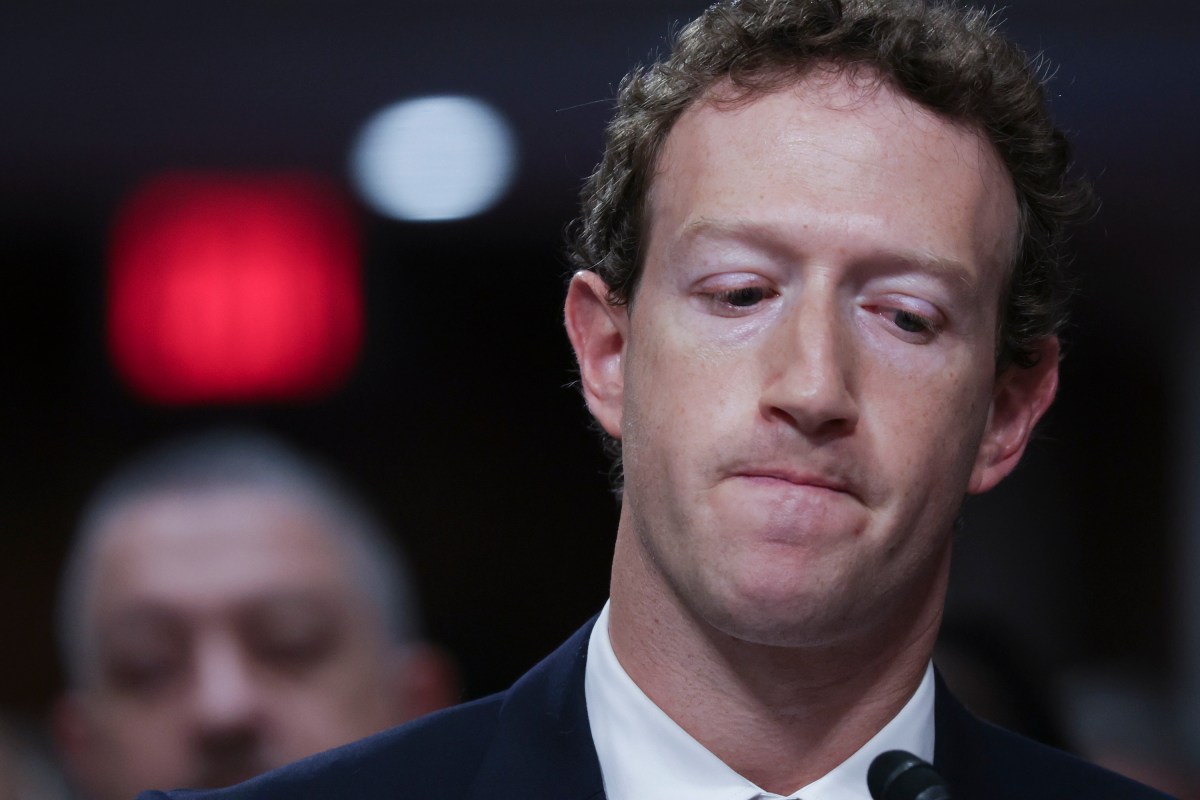Facebook initiated a covert project in 2016 with the aim of intercepting and decoding network traffic between Snapchat users and its servers to gain insights into user behavior and enhance competition with Snapchat. This project, dubbed “Project Ghostbusters,” was uncovered in recently unsealed court documents.
A federal court in California released these documents as part of the ongoing class action lawsuit involving consumers and Meta, Facebook’s parent company.
The newly revealed files shed light on Meta’s efforts to outperform rivals like Snapchat, Amazon, and YouTube by examining user interactions through network traffic analysis. Due to encryption used by these apps, Facebook had to devise specialized technology to bypass it.
The documents include discussions from internal Facebook emails regarding Project Ghostbusters, an initiative under the In-App Action Panel (IAPP) program. This involved intercepting and decrypting encrypted traffic from Snapchat, YouTube, and Amazon users.
Mark Zuckerberg, Meta’s CEO, highlighted the need for improved analytics on Snapchat due to its encryption in an email dated June 9, 2016. Facebook’s engineers, using the acquired VPN-like service Onavo, proposed a solution involving kits that intercept traffic for analysis.
Following this proposal, Onavo established a method for tracking in-app usage through the interception of unencrypted traffic on specific subdomains. This ‘man-in-the-middle’ approach was enabled by Onavo reading all device network traffic before encryption.
Despite opposition within Facebook, Project Ghostbusters expanded to include monitoring Amazon and YouTube. The project raised concerns among employees like Jay Parikh and Pedro Canahuati, highlighting a lack of security in the process.
In 2020, a class action lawsuit was filed against Facebook by Sarah Grabert and Maximilian Klein, accusing the company of deceptive data extraction and anticompetitive practices. Amazon declined to comment, while Google, Meta, and Snap did not respond to requests for comment.


